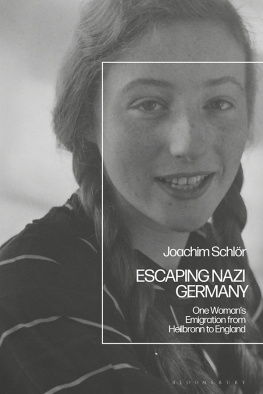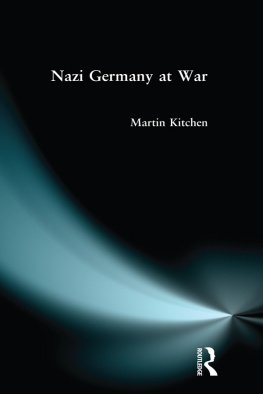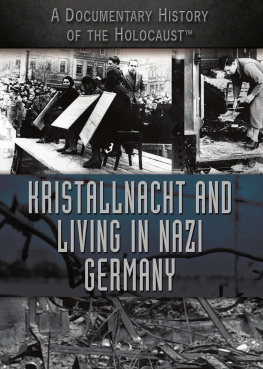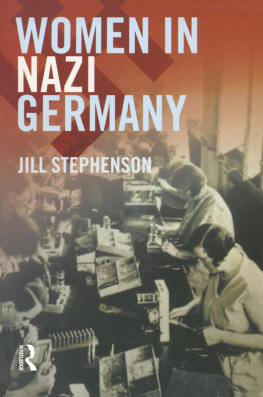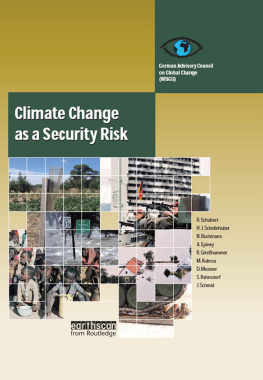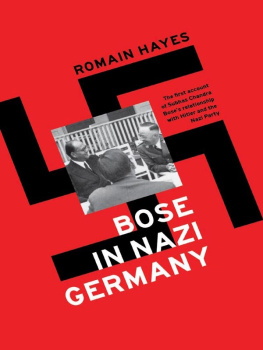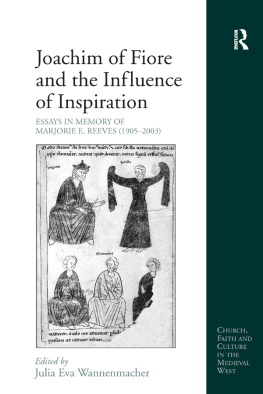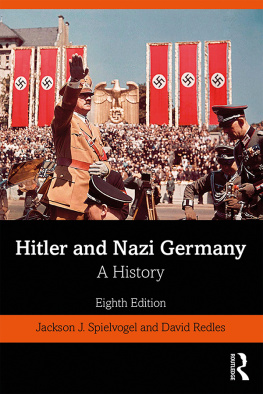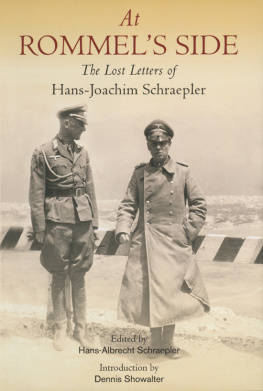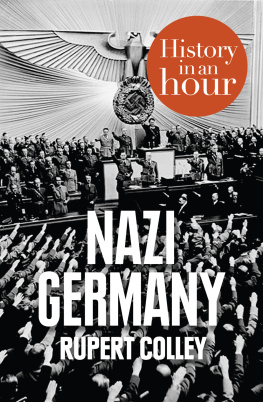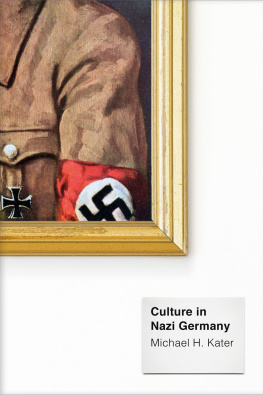This is the story of a young woman who left her hometown of Heilbronn, Germany, in 1937 and emigrated to England as a domestic servant. The anti-Jewish measures of the Nazi regime made life in Germany impossible for her. In the long and complicated process during which Frulein Alice Rosenthal, known as Liesel, became Mrs Alice Schwab, she managed to bring her brother Helmut and her parents, Hermine and Ludwig Rosenthal, out of Germany there were, however, other members of the wider family who did not survive the Holocaust. In England, Liesel began to build up her own life, with a circle of friends and a degree of independence that worried her parents. In a certain way, for her emigration meant emancipation.
The worries, and the sorrows, and the anxieties of all family members, relatives and friends have been expressed in several hundreds of postcards and letters. These written testimonies contain, and report on, world history in general and one familys very specific history at the same time. After her marriage to Walter Schwab, some years after the end of the Second World War, and before the birth of her daughter Julia, Alice Schwab bundled the letters together and stowed them in boxes where they remained until Julia now Baroness Julia Neuberger DBE and I opened them in 2012.
Her mothers life needs to be regarded and studied in the context of German-Jewish history, with a specific interest in the lives of Jews in Southwest Germany and those families active in the wine trade, but also in the context of anti-Semitism in Germany and the path to destruction, as well as in the context of Jewish immigration into the UK and Palestine. In this sense, it is just one of many thousands of similar stories. Still, it is unique. We hear authentic voices discussing questions of the emigration process, visas, visits to consulates, the packing of suitcases and the loss of property; we learn about personal friendships and marriage plans, about a trip to Bombay and about the fate of relatives who had found their way to places all over the world, from Jerusalem to Sydney, from Buenos Aires to New York; and we see the core family arrive in England and try to integrate into British society.
From there, and as British citizens, they discuss their relationship to the city where they all had come from: Heilbronn. Again, Heilbronn is just one of many German cities that once had an established Jewish community and allowed and witnessed, and participated in their destruction under the Nazi regime: forced emigration, the burning of the synagogue, deportation to the death camps, the theft of property. And again, in some ways Heilbronn is unique. It had a longstanding democratic and liberal tradition, which might be one reason for the very violent anti-Semitism of the local Nazis that in turn shocked and shamed those local actors who did not agree with the regime. On 4 December 1944, the city was destroyed nearly completely in a British air raid, resulting in the loss of more than 7,000 lives. Earlier than other German municipalities the city administration (Mayor Paul Meyle), together with a group of local activists, saw the need to get in touch with Heilbronner Jews who had emigrated between 1933 and 1939. And earlier than other German municipalities (in 1963) the city archives decided to publish a book on the history and the fate of the local Jewish community.
The Rosenthal family and their circle of friends and acquaintances retained a strong interest in their former hometown. Opening the perspective from the core family to the wider world of Auslandsheilbronner allows us to continue the story beyond the end of the war and to integrate questions of memory culture and politics into the narrative of emigration and immigration, and of war, internment and survival. It also allows us to read and discuss the letters of Fritz Wolf, a childhood friend of Liesel, an unpublished author of a very high quality, a Heilbronner who ended up in Nahariya in Northern Israel, and who from there, in his letters to Heilbronns postWar Mayor Meyle discusses history, memory, guilt and responsibility, and asks questions whose urgency and relevance go far beyond the local background of a South West German city of many winegrowers and few wine merchants.
I wish to thank Julia Neuberger for giving me access to the letters and for providing me with information about her family. Furthermore, I thank the City Archives of Heilbronn, Professor Christhard Schrenk and Dr Annette Geisler, for publishing the German original of this book, for hosting us at a very moving launch event in early 2016 and for keeping this story alive through scenic readings at local schools. Now I hope that Liesels story will find readers in the country she made her home, and I want to thank Christopher Lutton for his translation.
Dear Liesel!
First of all you must ask the Uruguay[an] consulateimmediately if it is possible for us to travel from Engl[and] to Urug[uay]. We will of course take our own furniture with us, just as [we] would sort out our boat tickets here.

